The only relevant thing in the news these days is information about COVID-19, the novel coronavirus. More formally known as coronavirus disease of 2019 and the underlying virus causing it: severe acute respiratory syndrome coronavirus 2 (SARS-CoV-2). There has not been much else worthy of writing about or reading about for a couple of months now. This is for good reason. COVID-19 is deadly serious and not to be underestimated.
Someone did not get this memo to multiple talking heads on television and the internet. Truth be told, I am not here to litigate the underlying science of the coronavirus. But I am absolutely here to dunk on those who initially went out of their way to downplay the pandemic only to later engage in lazy revisionist history. There are too many to name, but one in particular caught my attention. Because this person brought the law into it; thus bringing it directly into my area of expertise.
Hello, Dr. Drew. Please take a seat while we discuss “copywrite” laws.
Continue reading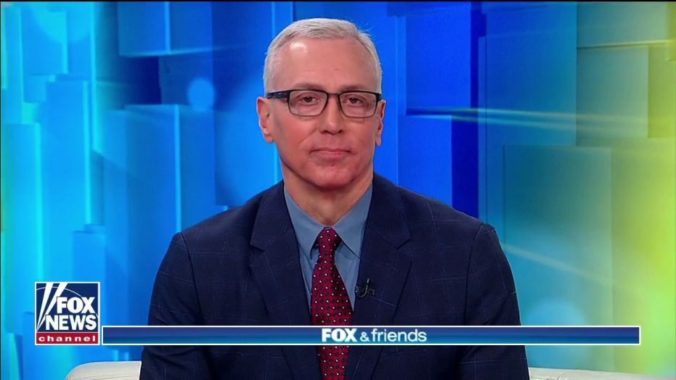
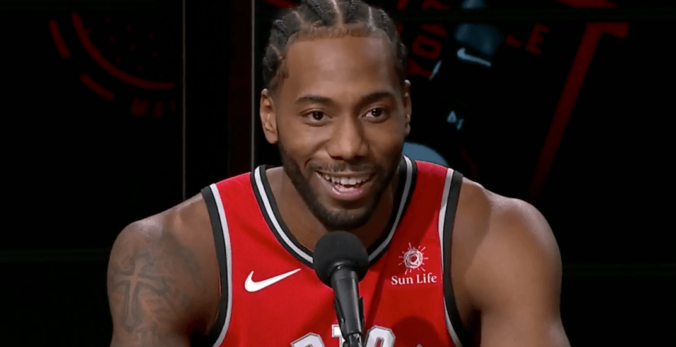
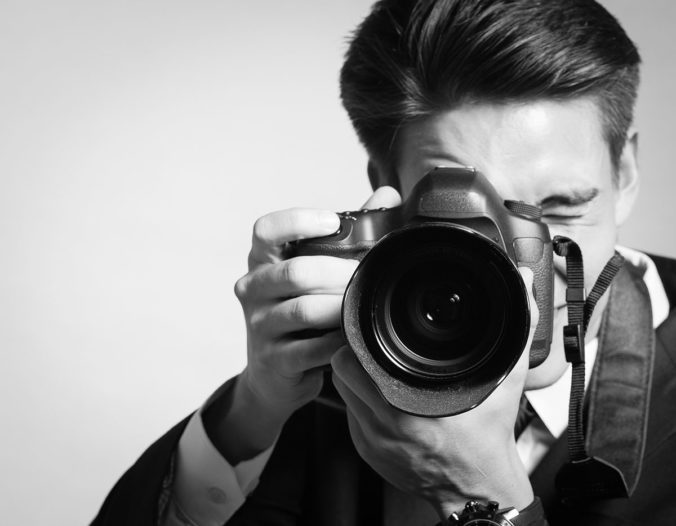
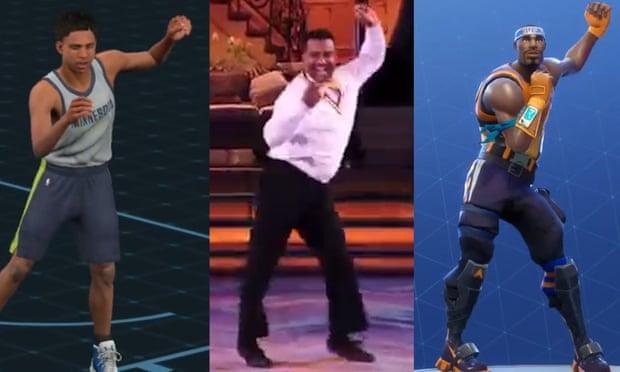
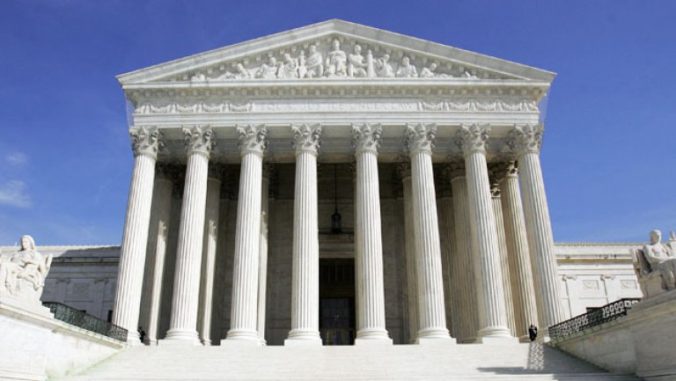
Recent Comments